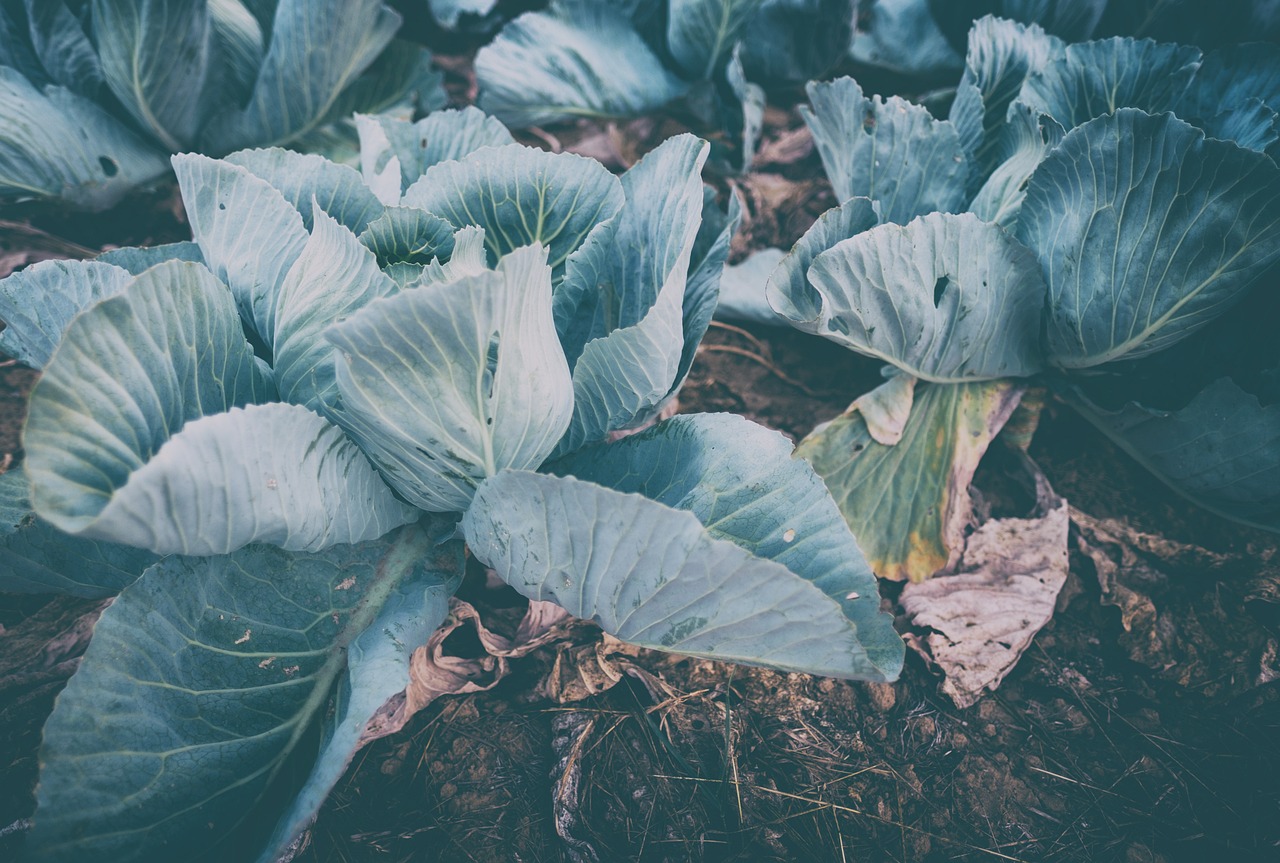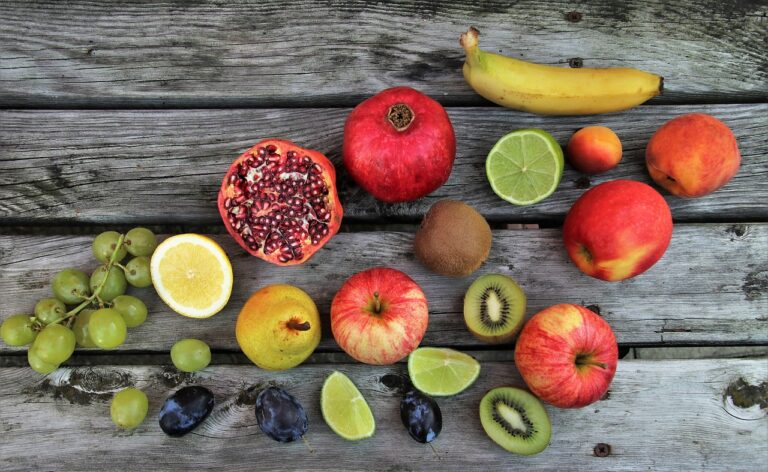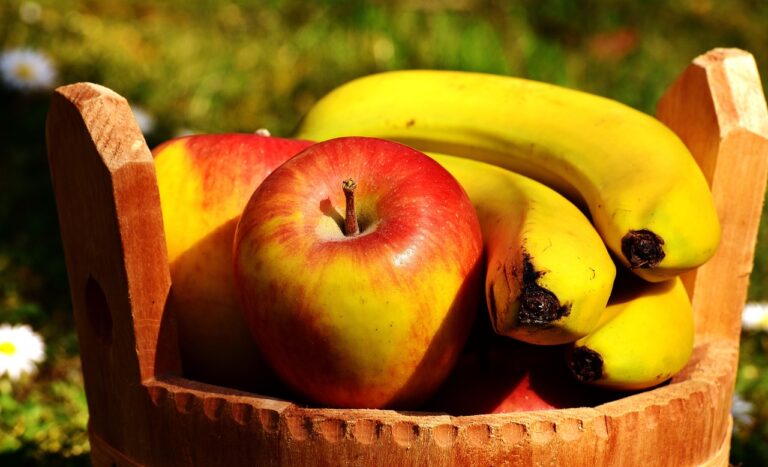The Importance of Soil Fertility for High-Quality Produce: 11xplay id, India24bet 24, Skyfair vip login
11xplay id, india24bet 24, skyfair vip login: Soil fertility is a crucial factor in producing high-quality, healthy produce. Without nutrient-rich soil, plants struggle to grow to their full potential, leading to lower yields and lower quality fruits and vegetables. In this article, we will explore the importance of soil fertility for high-quality produce and why farmers and gardeners alike should prioritize soil health in their growing practices.
Why Soil Fertility Matters
Soil fertility refers to the ability of soil to provide essential nutrients to plants for healthy growth and development. These nutrients include nitrogen, phosphorus, potassium, and various micronutrients that are necessary for plants to thrive. When soil is lacking in these nutrients, plants may exhibit stunted growth, yellowing leaves, and reduced fruit production. In contrast, soil that is rich in nutrients can support robust plant growth, vibrant foliage, and bountiful harvests.
Healthy soil also contains beneficial microorganisms that help plants take up nutrients and ward off harmful pathogens. These beneficial microbes contribute to the overall health of plants, making them more resilient to stress and disease. Additionally, fertile soil has good structure and drainage, allowing for proper aeration and water retention, which are essential for plant health.
How to Improve Soil Fertility
There are several ways to improve soil fertility and promote high-quality produce. One of the most common methods is to add organic matter to the soil, such as compost, manure, or cover crops. Organic matter helps replenish nutrients in the soil, improve soil structure, and promote the growth of beneficial microorganisms. Regularly adding organic matter to your soil can help maintain soil fertility over time.
Another way to enhance soil fertility is to conduct soil tests periodically to determine the nutrient levels in your soil. Based on the results of the soil test, you can then add specific fertilizers or soil amendments to address any deficiencies. By customizing your soil amendments to meet the needs of your plants, you can ensure that they have access to the nutrients they require for optimal growth.
Crop rotation is another effective strategy for improving soil fertility. By planting a diverse range of crops in your garden or field, you can help maintain soil health and prevent the depletion of specific nutrients. Different plants have varying nutrient requirements, so rotating your crops can help balance nutrient levels in the soil and reduce the risk of nutrient imbalances or deficiencies.
The Role of Soil Fertility in High-Quality Produce
Soil fertility is directly tied to the quality of produce that plants produce. Nutrient-rich soil leads to healthier plants that are more resistant to pests and diseases, resulting in higher-quality fruits and vegetables. Plants grown in fertile soil are also more likely to have better taste, color, and texture compared to plants grown in nutrient-deficient soil.
In addition to enhancing the nutritional quality of produce, soil fertility also plays a role in the overall sustainability of agriculture. Healthy soil can sequester carbon from the atmosphere, improve water retention, and reduce erosion, all of which are essential for long-term food security and environmental health.
By investing in soil fertility, farmers and gardeners can ensure that they are producing high-quality, nutritious produce while also promoting the health of their land and surrounding ecosystems.
FAQs about Soil Fertility and High-Quality Produce
Q: How often should I add organic matter to my soil?
A: It is recommended to add organic matter to your soil at least once a year, preferably in the spring or fall.
Q: What are some examples of cover crops that can improve soil fertility?
A: Common cover crops include legumes such as clover and vetch, as well as grasses like rye and oats.
Q: Can I test my soil fertility at home?
A: While home soil test kits are available, it is recommended to send a soil sample to a professional lab for accurate results.
Q: How long does it take to see improvements in soil fertility?
A: It can take several months to a year to see noticeable improvements in soil fertility, depending on the quality of the soil and the amendments used.
Q: Are chemical fertilizers harmful to soil fertility?
A: While chemical fertilizers can provide a quick nutrient boost to plants, they can also disrupt the balance of soil microorganisms and lead to long-term soil degradation.
In conclusion, soil fertility is a foundational element in producing high-quality, healthy produce. By prioritizing soil health and implementing practices to improve soil fertility, farmers and gardeners can ensure that they are growing nutrient-rich fruits and vegetables that are not only delicious but also sustainable for the environment. Investing in soil fertility is an investment in the future of agriculture and food security.







